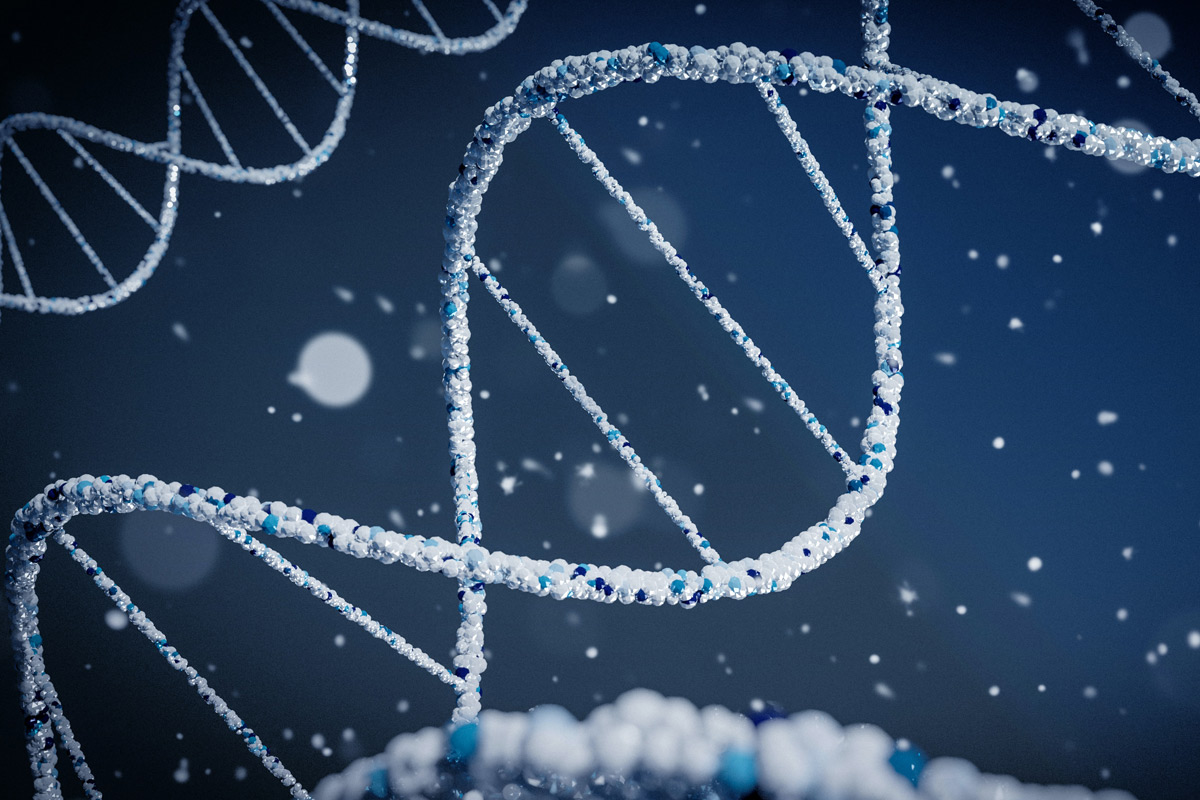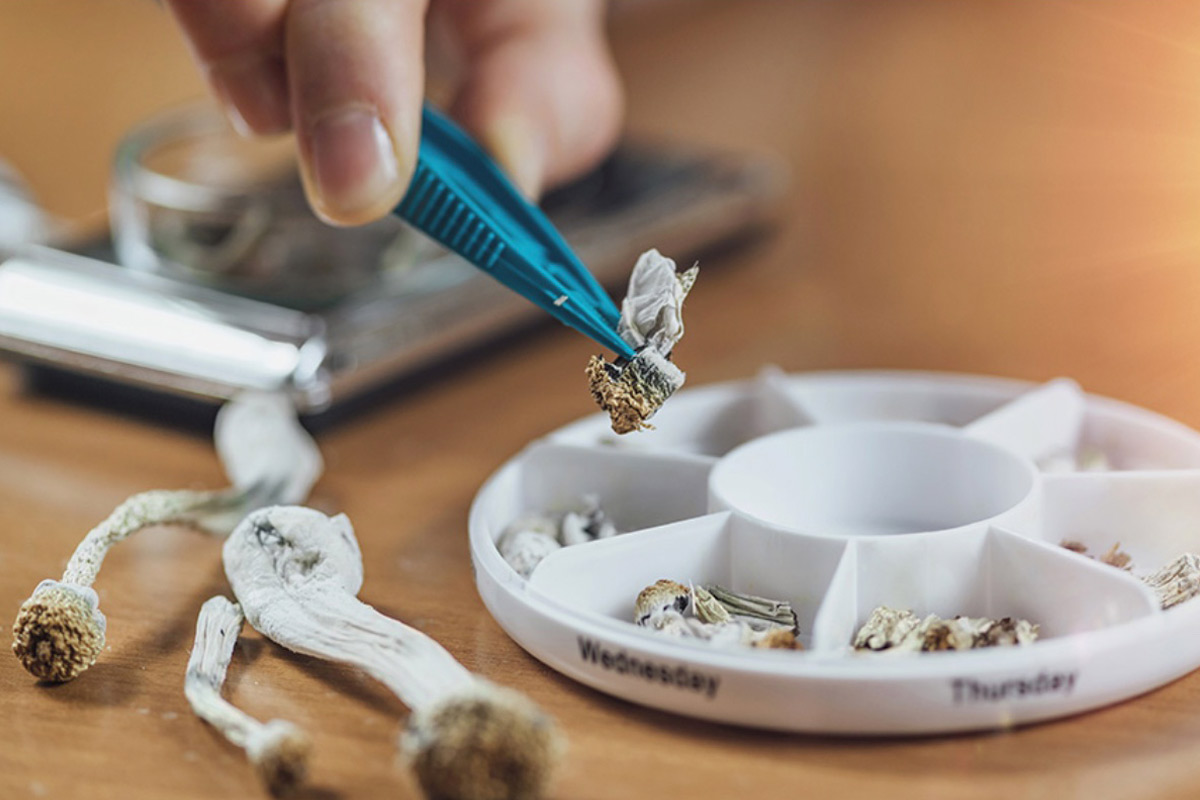MICRODOSING
"I woke up after my first dose of mushrooms to find my life long fear of public speaking gone” - Janet Chang, mental health advocateWhat is microdosing?
Microdosing is the practice of consuming a very small amount of a psychedelic substance, usually 5–10% of a regular dose, with the intention of improving quality of life. When microdosing, you don’t experience a classic psychedelic trip with visual disturbances; instead, you only perceive subtle effects called “sub-perceptual” effects. Microdosing is a practice that yields best results when it’s done over an extended period of time following a dosing scheme, or protocol. The exact effects and results of this practice depend greatly on the person, the substance, the dosage and many other personal factors such as their intention, their expectations and mindset.
The subtle effects of microdosing most often mentioned:
- More energy
- More creativity
- Clearer thinking
- Increased problem-solving ability
- Increased focus
- Increased awareness
- Positive mood
- Emotional connection with people around you
- Being more present
Read Janet’s experience with microdosing here

How does microdosing work?
Research shows that psychedelic substances act on the serotonin (5-HTP) receptors found throughout our brain and nervous system. Regulation of these receptors govern many important biological processes that influence our well being. Psilocin, the highly active byproduct of Psilocybin, acts directly on these 5-HTP receptors, producing a global physiological effect. Early research indicates that following a microdosing protocol can lead to lasting cellular changes to the serotonergic pathway, with subjects reporting sustained feelings of joy, happiness and focus.

Positive experiences with microdosing
Psychedelics, and microdosing in particular, still require a lot of scientific research to fully understand their workings. Although some claim, microdosing is nothing more than a placebo effect, a large body of anecdotal evidence clearly shows that microdosing leads to physical, mental, and emotional improvement. Since 2010, Dr. James Fadiman, an American transpersonal psychologist, has been collecting microdosing reports from people around the world. His findings with numerous positive experiences serve as the foundation for the scientific quest into the world of microdosing. It comes as no surprise that he’s often coined “The Father of Microdosing”.

